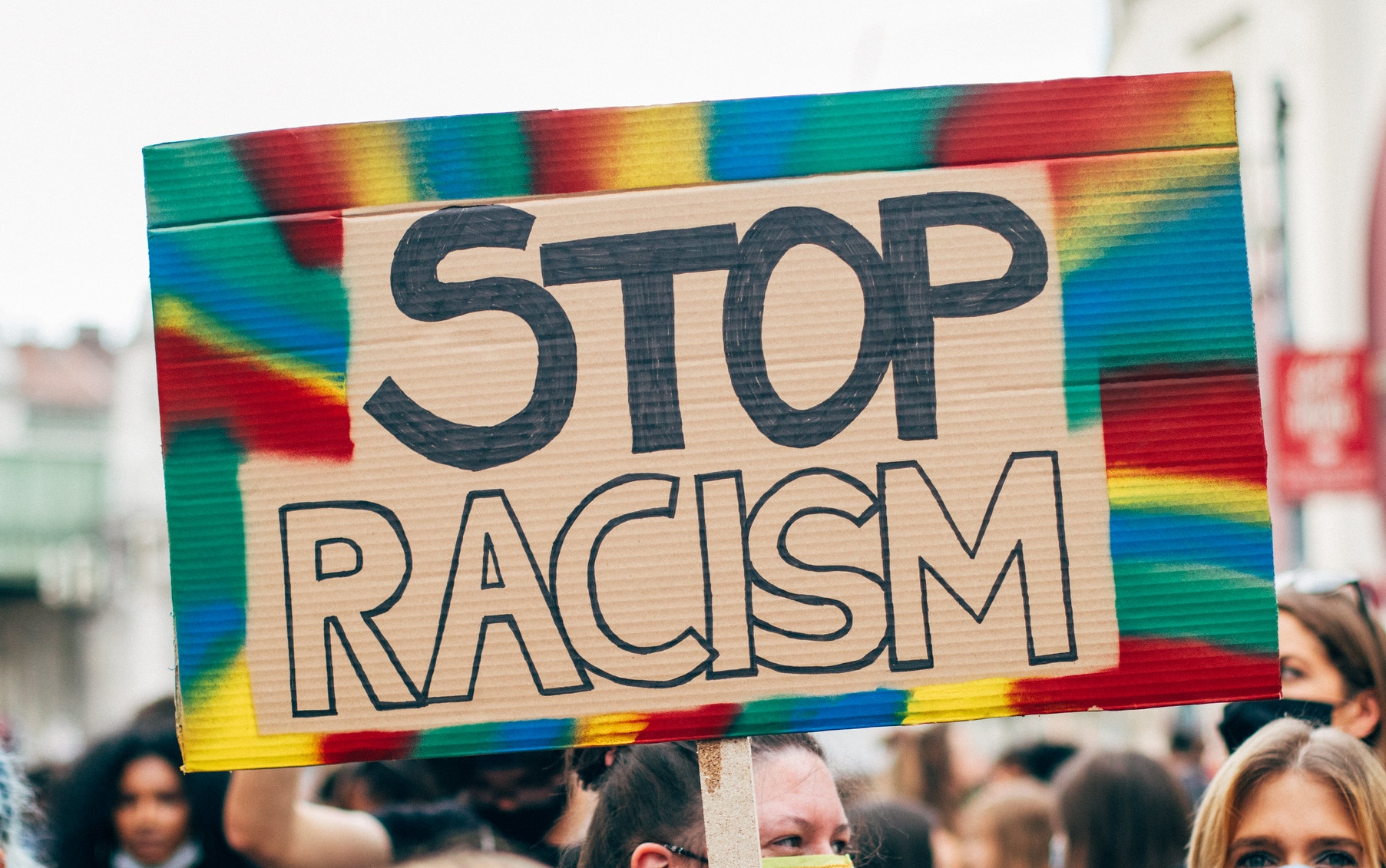Why is There So Much Evil in the World?
The great Russian author Fyodor Dostoevsky wrote that “a beast can never be so cruel as a man, so artistically cruel.”1 Whatever one’s religious convictions, it would be difficult to deny that people are capable of unspeakable cruelty. There are crimes so appalling that they simply must be deemed “evil.” We abhor such crimes because, on some level, we sense that people were meant for something more, that the world is not what it should be.
Dostoevsky’s words imply that people should be better. Although we have unique rational and relational abilities, in practice, we can be far more brutal than a wild animal. Animals usually kill for food or self-defense, but humans often kill out of greed or hatred. Still, it seems that this can, and should, be different. Take the word inhumanity, for instance, which assumes that cruelty is not an essential part of being human, but rather contrary to what it means to be human. So how are people capable of heinous acts against their fellow humans?
We Are Made in God’s Image—Yet Have the Ability to Corrupt Ourselves
One of the first things the Bible says about humans is that we are made in God’s image (Genesis 1:27), meaning that people were made to reflect God’s loving character to each other and to the world. In other words, we are more like God than animals or objects. We have a unique capacity for rational thought, advanced communication, and relational intimacy. God designed humans to be his caring representatives on Earth, but he also grants us the ability to choose whether to honor that call. Since people have rebelled against God’s purpose, our identity as God’s image-bearers has been tainted, but not lost—corrupted, but not destroyed.
Indeed, the very faculties which enable us to love and serve may be misused to hate and degrade. For example, an emotional bond with another person can be wielded manipulatively, as in an abusive relationship. The gift of rational thought can help someone plan a crime. Chemistry helps people discover more effective medicines, and more effective poisons. Trains, a symbol of technological advancement, were also the means by which the Nazis transported so many Jewish people to their deaths. We have an unsettling ability to twist good into evil.
Good Mixed with Evil
Still, people are capable of selfless deeds, a reflection of our purpose to love God and love one another. Austrian psychiatrist and Holocaust survivor Viktor Frankl spoke of instances “often of a heroic nature” which demonstrate this capacity, even in the darkness of a concentration camp. For example, he recalled men who consoled their fellow prisoners or even gave away their bread. Frankl concluded: “Man can preserve a vestige of spiritual freedom, of independence of mind, even in such terrible conditions of psychic and physical stress.”2
In short, there is so much evil in the world because humans are rational beings capable of channeling their abilities to help, as well as to harm. These realities are begging for an explanation, and the Bible provides a satisfying answer. Why can people reach glorious heights of generosity, as well as depths of barbarity? The Bible narrates how God created us in his image to radiate his love in the world and granted us unique faculties to do so (Genesis 1—2). However, people have spurned this calling such that we are now a living contradiction (Genesis 3), still made in God’s image but unable to fulfill that role as intended. We do evil things because the goodness with which our souls were created has become twisted within us. If we are to find our way out of this mess, we need rescuing from ourselves.
God’s Solution through Jesus
God does not abandon us to this broken world where evil abounds. Jesus died in our place and rose again so that, by trusting in him, our role as God’s image bearers might be fully restored. Becoming a follower of Jesus does not mean that all of our personal struggles are suddenly resolved. Far from it! But it does mean that God is with us and helps us to live more loving lives. Although there is evil and injustice in the world now, God has promised that he will restore the world to its good design (Isaiah 25:8; Revelation 21:3–5).
Moreover, God heals people so that they, too, can follow in his footsteps by healing the world around them. God does not want us to merely believe and stay indoors while the world suffers outside. No, he wants his followers to be agents of shalom (peace and wholeness) in a world that so needs it.
It is commonly said, “Hurt people hurt people.” Through Jesus, that chain of pain and wrongdoing may be broken. Through him, we can receive forgiveness for our own sins and also receive a new mission to be God’s ambassadors and peacemakers in a world that needs him. If you are struggling with the evil and suffering that you or your loved ones have gone through, take heart in the God who stands ready to make you and the world whole again.









